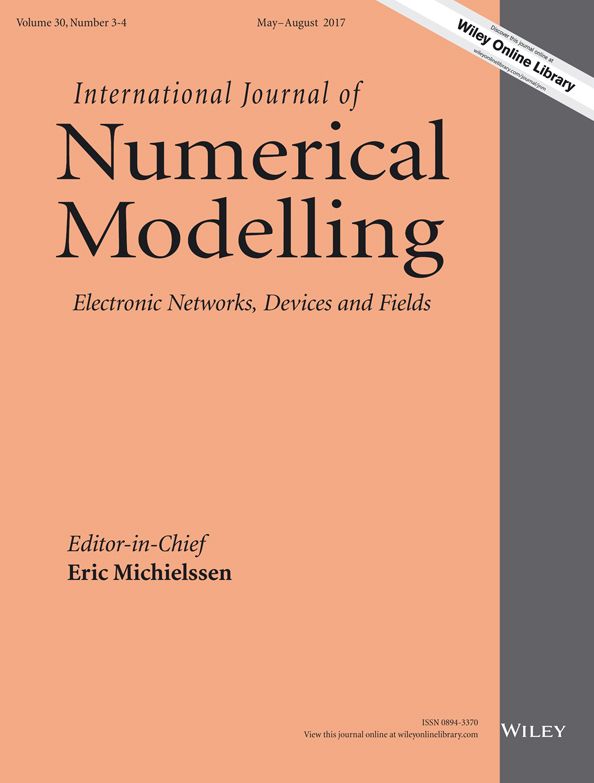Surrogate-assisted design optimization of photonic directional couplers
Summary
In this paper, computationally efficient simulation-driven design optimization of integrated photonic couplers is discussed. The design process is conducted using variable-fidelity electromagnetic (EM) simulations and surrogate-based optimization (SBO) techniques. Two design case studies are considered: conventional directional coupler and a curved coupler. A particular choice of the SBO approach relies on a visual inspection of the low- and high-fidelity coupler model responses as well as their correlations. The first structure is optimized using adaptively adjusted design specifications technique. Because of limited correlations between the high- and low-fidelity EM models of the second structure, its optimal design is obtained using the additive response correction method. Subsequently, the design is fine-tuned using local response surface approximations. As demonstrated through numerical results, utilization of the SBO techniques allows for considerable reduction of the design optimization time compared with direct handling of the high-fidelity model. The total optimization cost of conventional and curved coupler corresponds to only 13.5 and 23.7 high-fidelity model simulations, respectively. Copyright © 2015 John Wiley & Sons, Ltd.




